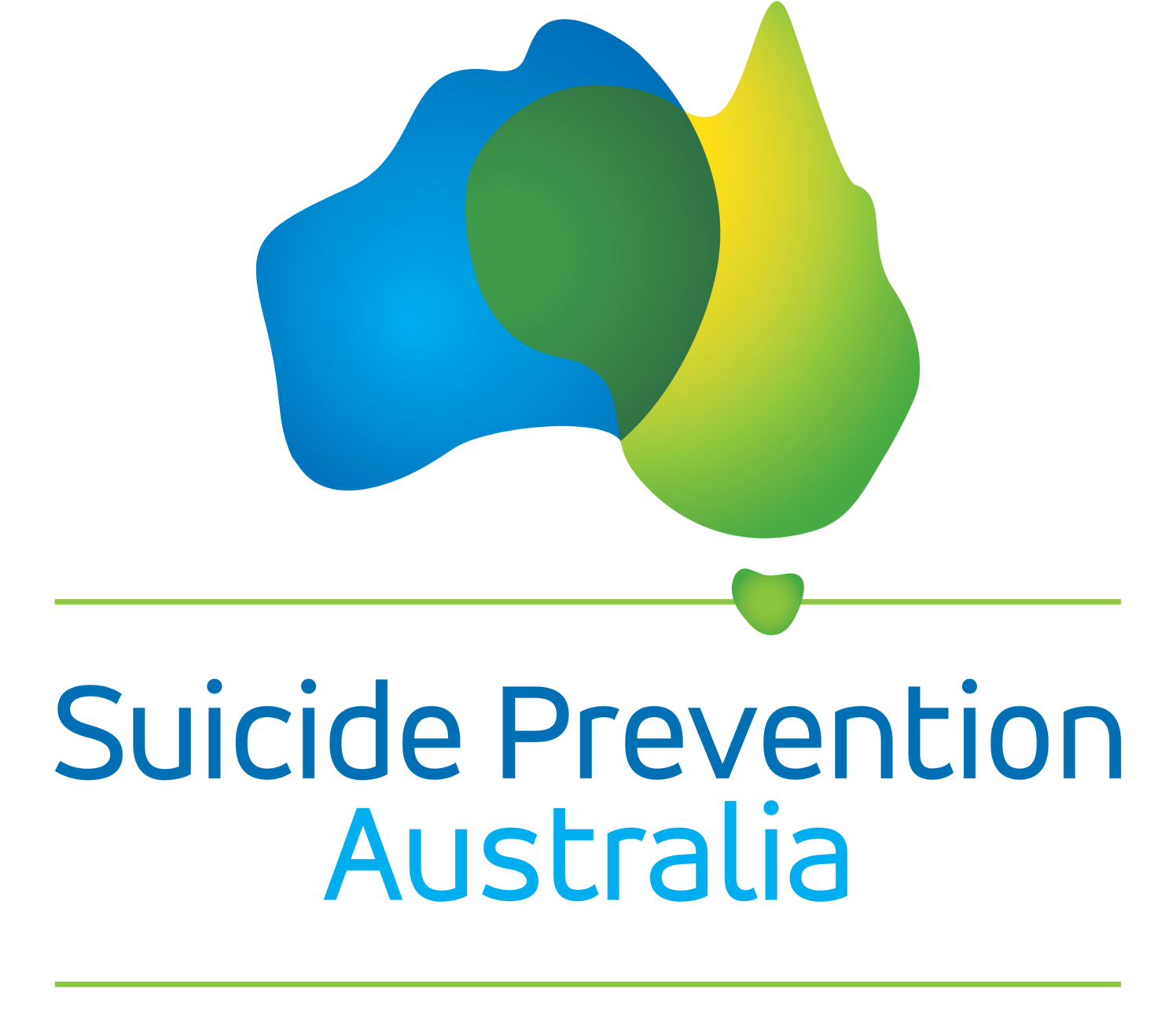National peak body welcomes mental health announcement
Australia is in the midst of the COVID-19 pandemic; we are witnessing significant structural change to the functioning of industries, communities and the Australian economy.
Suicide Prevention Australia CEO, Nieves Murray, said Suicide Prevention Australia was pleased to see the government consider recommendations sourced from across the suicide prevention and mental health sectors.
“We applaud today’s considered, practical and timely response to address the mental health and wellbeing impacts of these change. Suicide Prevention Australia has called for reliable, accurate, timely data on suicide and mental illness since publication of our National Policy Platform in early 2019.
“It is very heartening that the Government is investing a significant $7.3 million in research and data, as this will be a critical plank in supporting a system that helps the people and communities it’s designed to serve.
“We hope the investment in data might include:
- A special edition of the National Survey of Mental Health and Wellbeing to equip Government to measure the effect of COVID-19 related social and economic changes on Australians’ mental health and wellbeing; and develop strategies to address them.
- Sharing de-identified information service providers and researchers, as informed suicide prevention and research sector is better equipped to adjust programs, services and research priorities according to need.
“We’d also like to see a strong evaluation of the social supports currently being trialled – such as JobKeeper and JobSeeker, as well as the connection between the changes in our economy and impacts on mental health and wellbeing of Australians.
“An informed suicide prevention and research sector is better equipped to adjust programs according to needs. Sharing data will better inform the sector and allow us to make adjustments.
“We note the significant investment in communications and outreach. Public discussion and debate around mental health is important. Having safe conversations means that we can reduce the risk of unsafe headlines and media coverage that increases risk.
“We’ve also been hearing from the suicide prevention sector that some people in the community may not be aware of the range of services and supports available to them.
“It can be difficult for someone in distress to know where to go to for help and we need to make it easy for vulnerable people to connect with support.
“Promoting the plethora of high quality, supportive programs that are available will mean people in distress know where they can go to for the help they need.
“Awareness campaigns, however, need to be meaningful and we strongly advise working closely with the sector and people with lived experience.
“It is time to move beyond awareness and into action on mental health and suicide prevention. What we don’t need is another talkfest.
“This package is a good start to proactively addressing the mental health and wellbeing impacts being experienced by our communities right now.
“We hope, however, that there will be consideration of the need to embrace a whole of government, whole of community approach – something we can only be assured of by suicide prevention legislation – so we’re well equipped to meet not only the challenges of this pandemic, but future societal changes into the future.
“It’s only then that we can expect to see the long term decline in the suicide rate that we’ve seen in nations like the Republic of Ireland and others who’ve taken a holistic approach to reducing distress in their community,” concluded Ms Murray.
Media contacts:
Clare Kinsella 0427 689 689
clarek@suicidepreventionaust.org
Michaela Weston 0403 483 023
michaelaw@suicidepreventionaust.org
